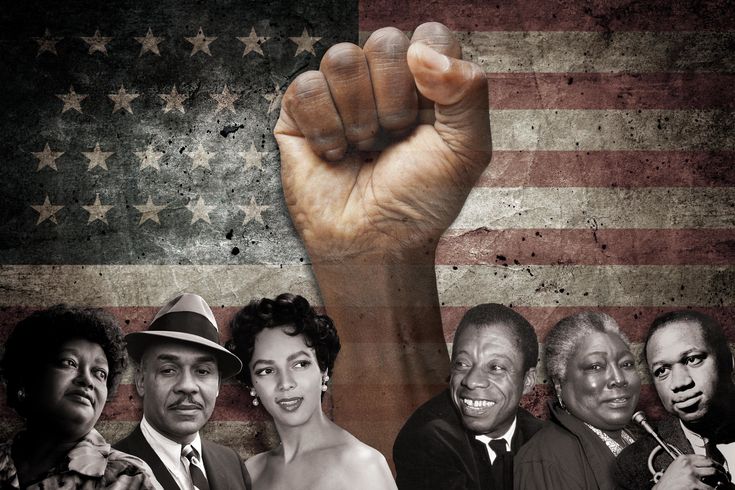The history and the arts of African Americans have knitted a tapestry that is rich with threads of creativity, resilience, and a brilliant cultural legacy. These people have used different forms of art as a means of empowerment, expression, and cultural preservation.
Culture holds a crucial role in building connections, shaping our identities, and fostering resilience. For the Black community, celebrating and preserving cultural heritage is necessary for promoting unity, pride, and empowerment. In this blog, we will shed light on the significance of cultural identity and its effects on the Black community. Moreover, we will also discuss the requirements for inclusive community discussions to honor and elevate the richness of Black culture. Let us delve deeper into this topic:
The Importance of Black History | Tom Jones Black History Matter
Shaping Collective Identity
Tom Jones Black history matter serves a vital role in shaping the overall identity of communities and individuals. For people of African descent, learning about their history is an empowering process that builds a sense of belonging and pride.
It offers a counter-narrative to the dominant historical accounts that have often omitted or marginalized the experiences and achievements of Black people. By celebrating and reclaiming their history, Black people can see themselves as active participants in human history.
Furthermore, Black history is not only for the Black community. Rather, it is a mutual history that affects everyone. Being aware of the contributions of Black individuals in different fields, such as politics, science, social movements, and art, helps to disassemble stereotypes. It also helps to stand against preconceived ideas. Lastly, it motivates a deeper understanding of history, where the contributions of people are valued and recognized. This collective understanding builds a more inclusive society where diversity is celebrated instead of ignored.
Identity And Pride
Culture offers a sense of pride and identity. Learning more about Black history can assist Black people in understanding and celebrating their unique heritage, history, and contributions to society. It will not only raise awareness but also shape cultural identity.
Promoting Social Justice
The study of Black history is necessary to promote social justice. It offers a historical perspective for comprehending the continuous struggles against inequality, injustice, and racism. By examining the past, we can better evaluate the root causes of such issues and the ways in which they continue to manifest in modern society.
The history of the transatlantic slave trade, the fight against apartheid, and the Civil Rights Movement, among other major events, showcase the systemic nature of racism as well as the long-standing efforts to fight it. Such historical accounts work as dynamic reminders of the resilience of the Black community and their persistent pursuit of equality and justice. They also highlight the significance of solidarity and ally-ship in these difficult times, as progress has often been achieved through the mutual efforts of diverse groups.
Moreover, Black history defies the idea of a linear progression toward equality. It reveals the intricacies of social change, displaying that progress is often met with setbacks and resistance. This understanding is vital for those engaged in social justice work today, as it accentuates the requirement for collective and sustained efforts to achieve lasting and meaningful change.
Resilience And Empowerment
Cultural narratives and practices serve no less than sources of resilience, inspiration, and empowerment, aiding the Black community to navigate and overcome systemic challenges.
Enriching Cultural Diversity
Black history improves cultural diversity by stressing the vast contributions of Black people to global culture. From the arts and literature to cuisine and music, Black culture has always had a reflective impact on the world. The Harlem Renaissance, for instance, was a cultural movement that celebrated Black intellectual and artistic achievement, motivating generations of thinkers and artists. Similarly, the global impact of Black music, fashion, and dance continues to shape modern culture in powerful ways.
Unity And Connection
Black history sheds light on shared traditions and cultural experiences that build connection and unity within the community. It promotes collective strength and social cohesion.
Summing It All Up!
Culture is a strong force that molds our identities, fosters resilience, and builds connections. By engaging in wide-ranging community discussions, we can honor and increase the richness of Black culture, defy misconceptions and stereotypes, and collaborate on initiatives that celebrate the unique contributions and heritage of the Black community. It is high time that we start to recognize the significance of culture and its influence on the Black community and to come together to make sure that the strength and beauty of Black culture are celebrated, preserved, and cherished for generations to come. We can do that by starting to read about Tom Jones black lives matter.


